Information and electric vehicles of the [object Object] brand
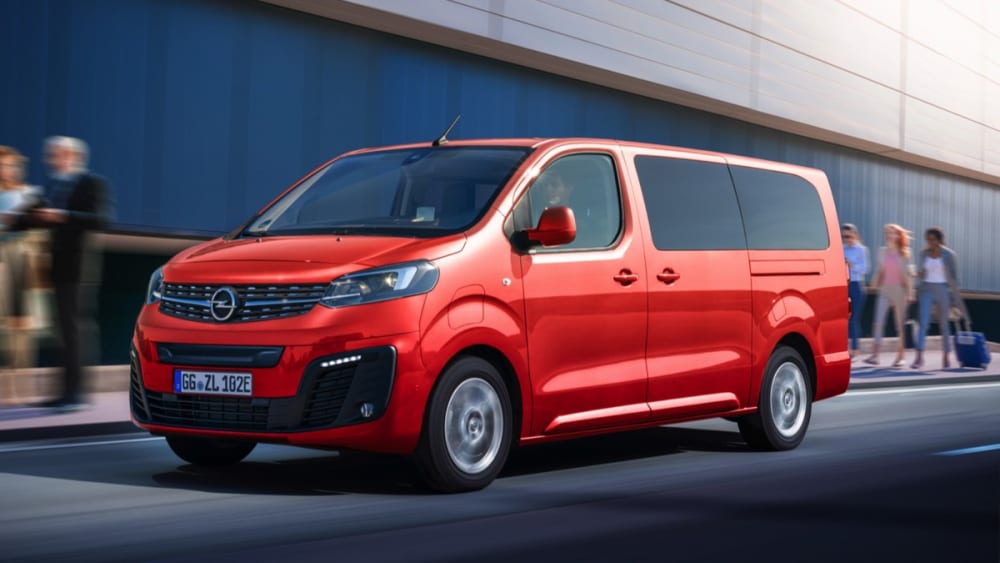
![[object Object] logo](https://res.cloudinary.com/donyiousk/image/upload/w_80/f_auto/c_scale,w_500/v1/car/n9q4pxrw0gu6lhr0rfgj)
Opel
Plug in. Play on.

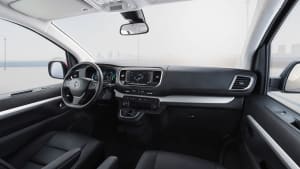
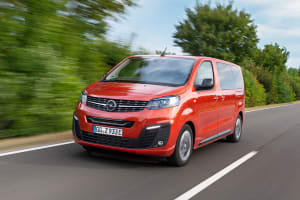
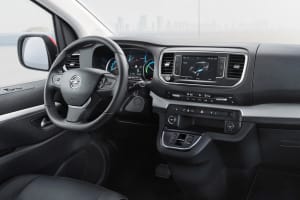
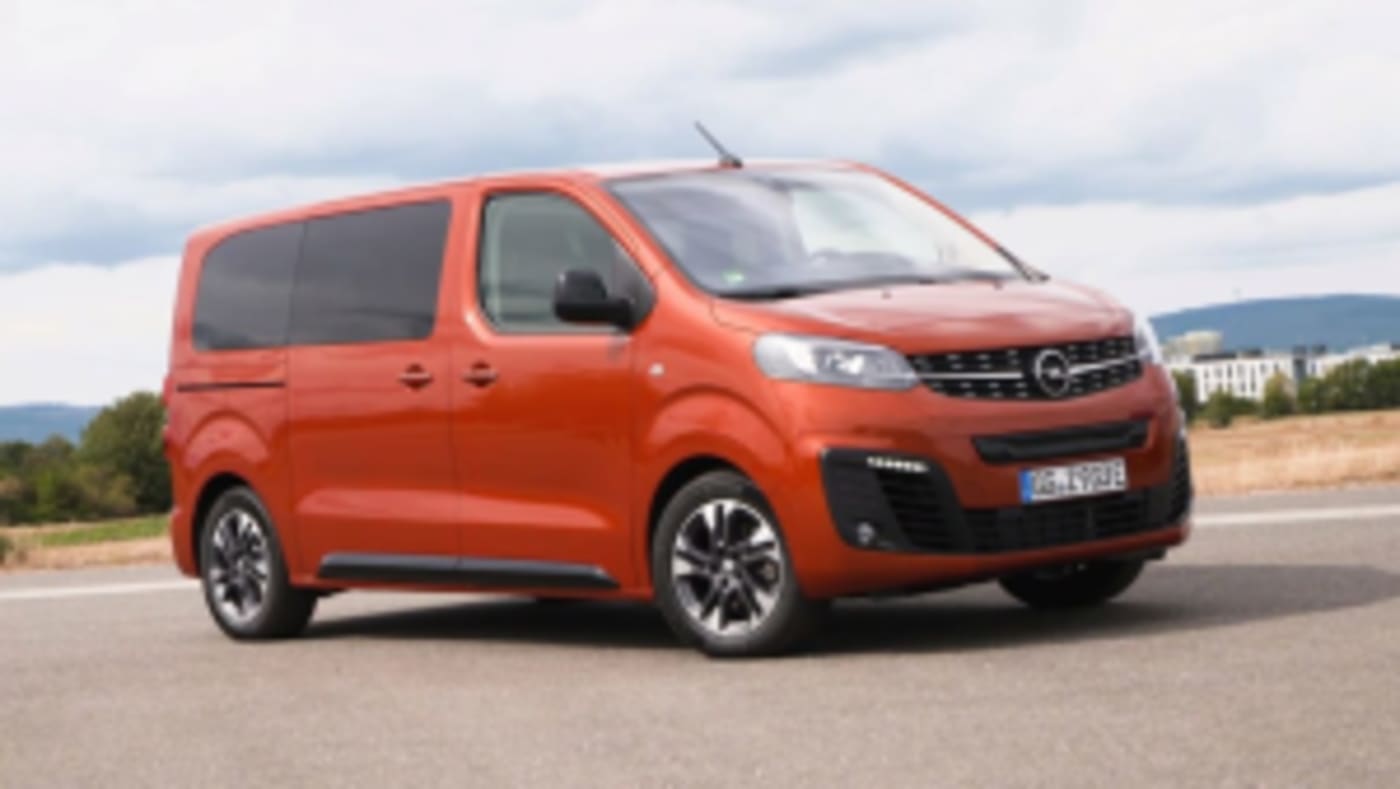
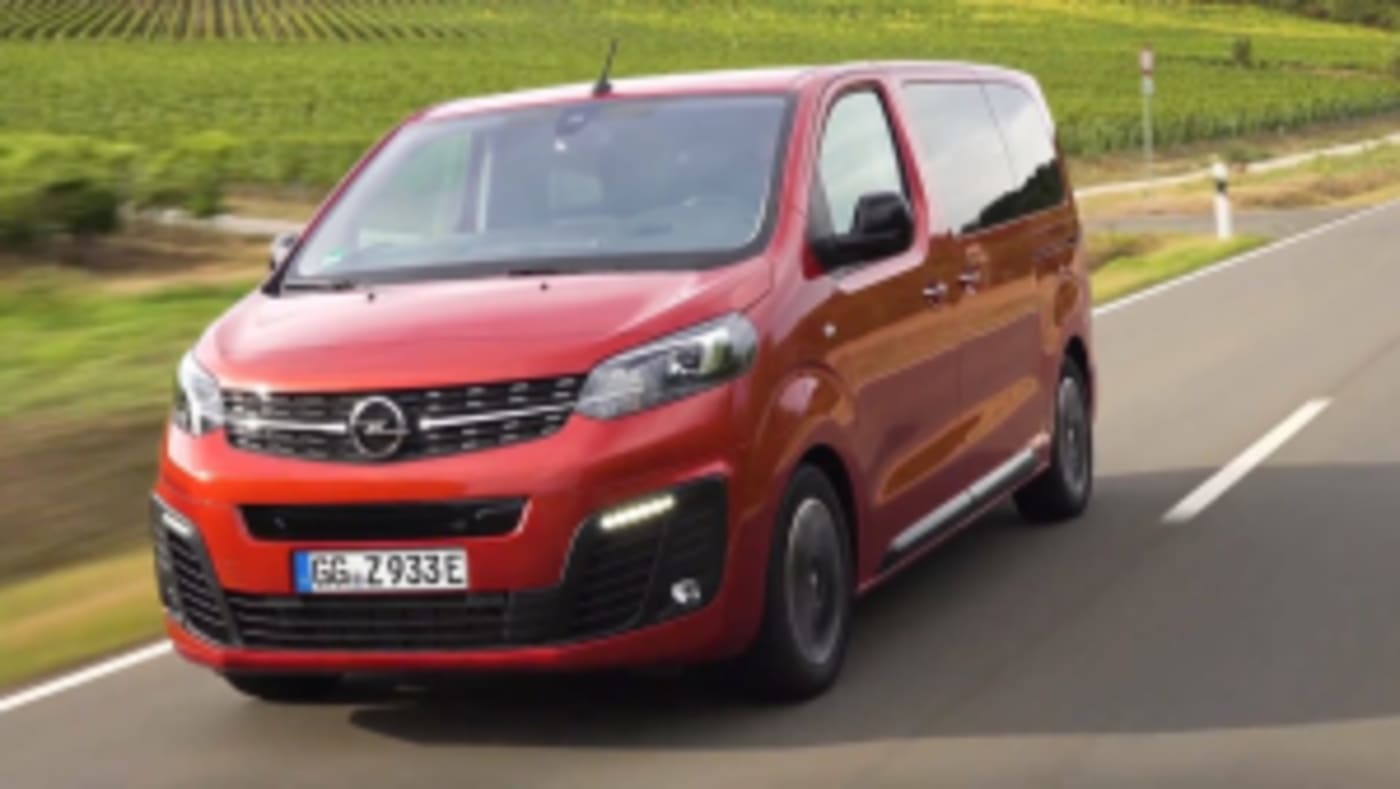
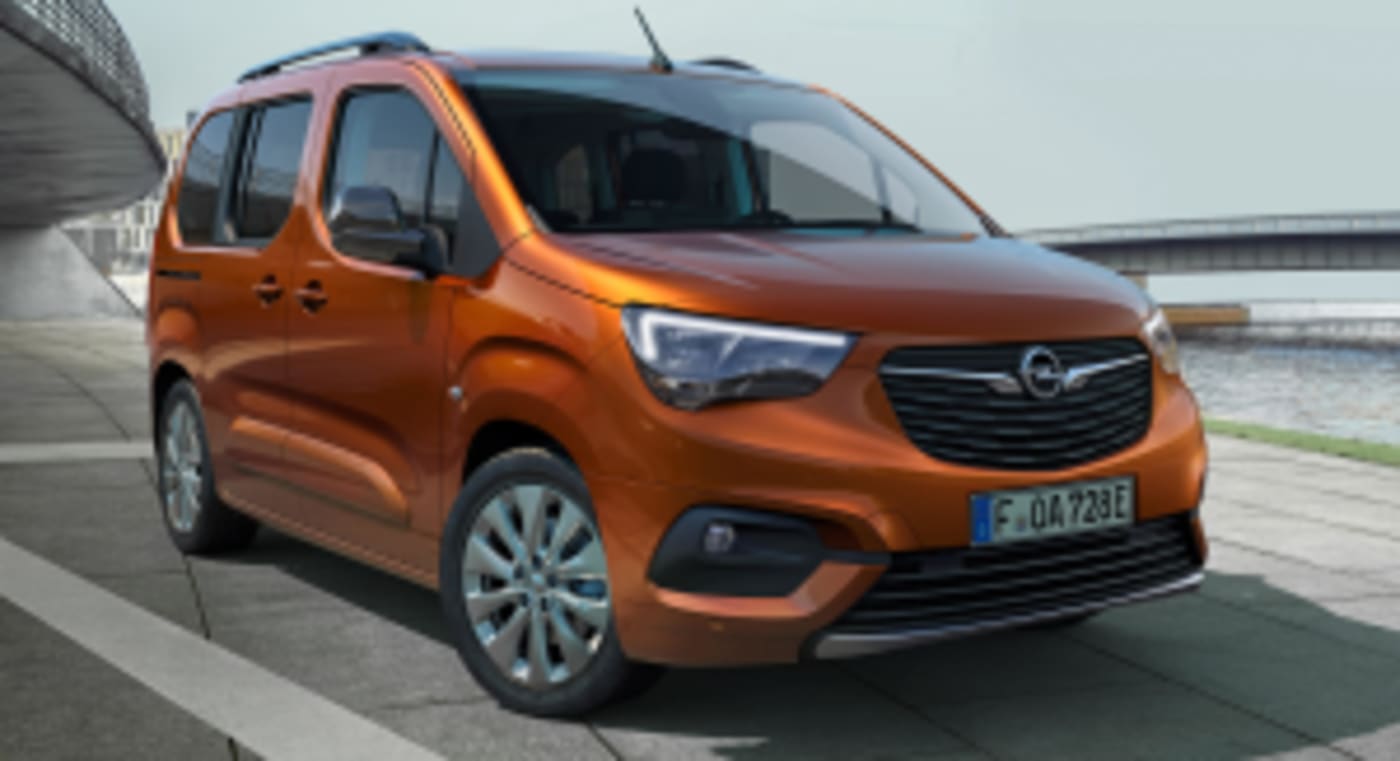

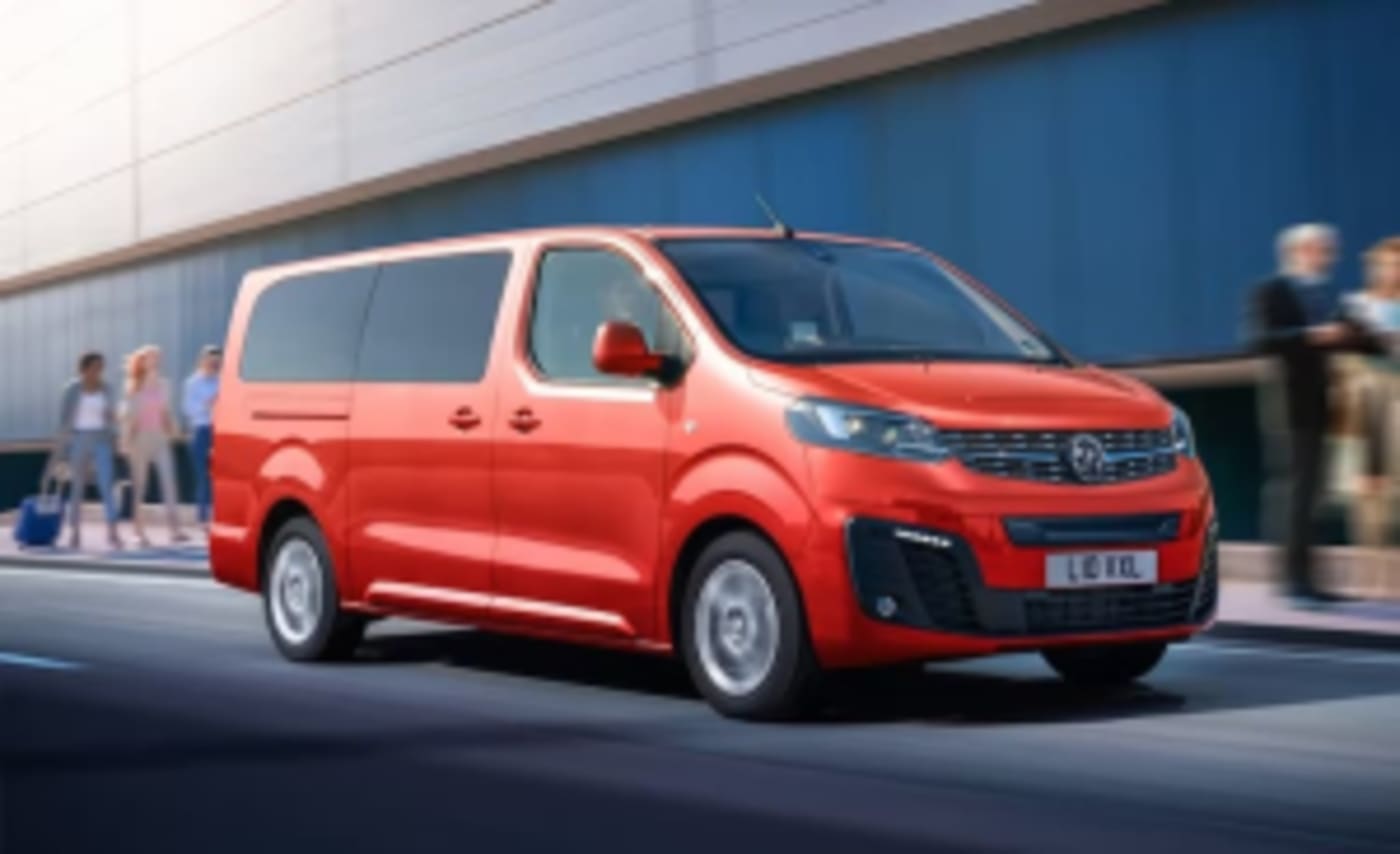
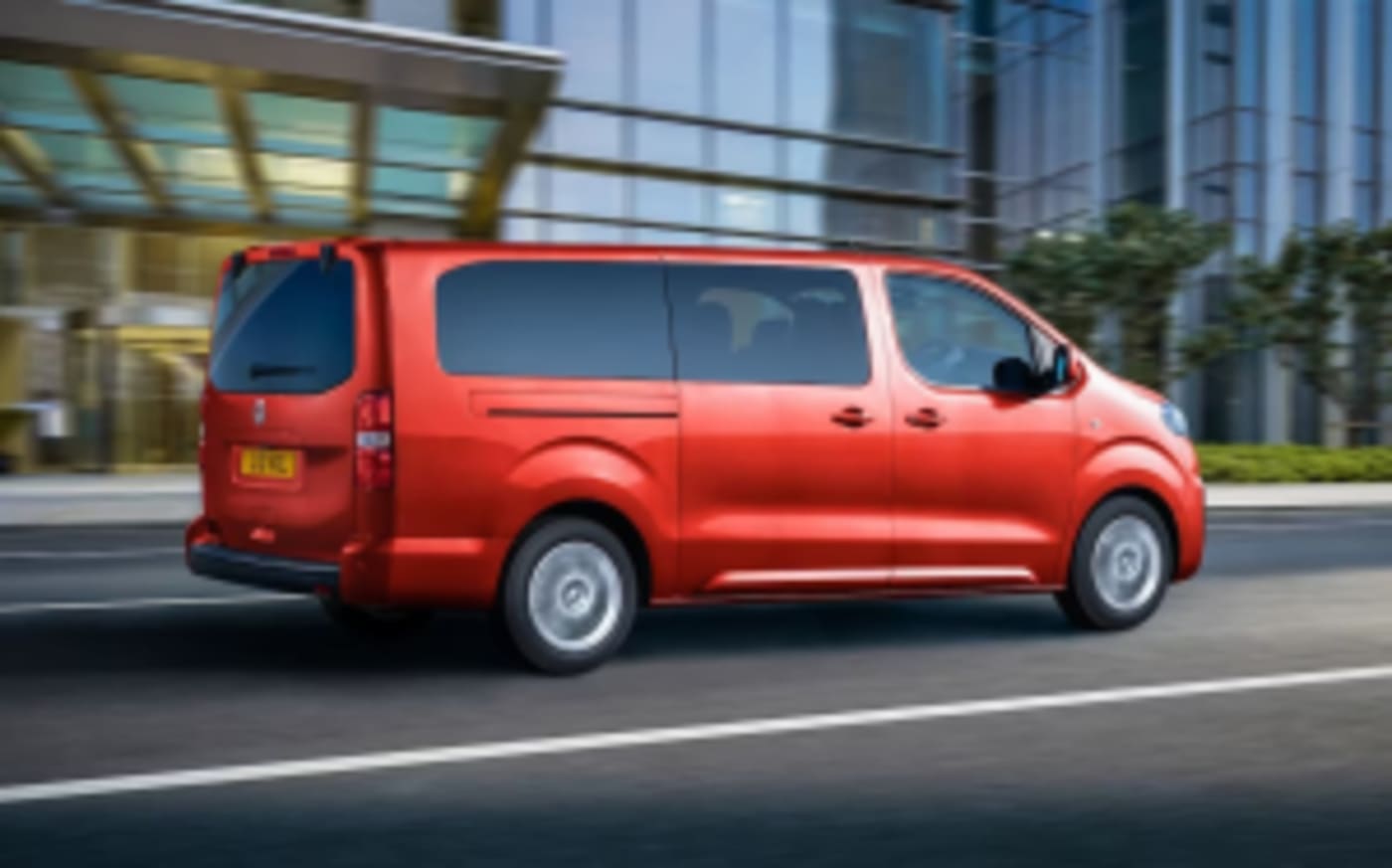
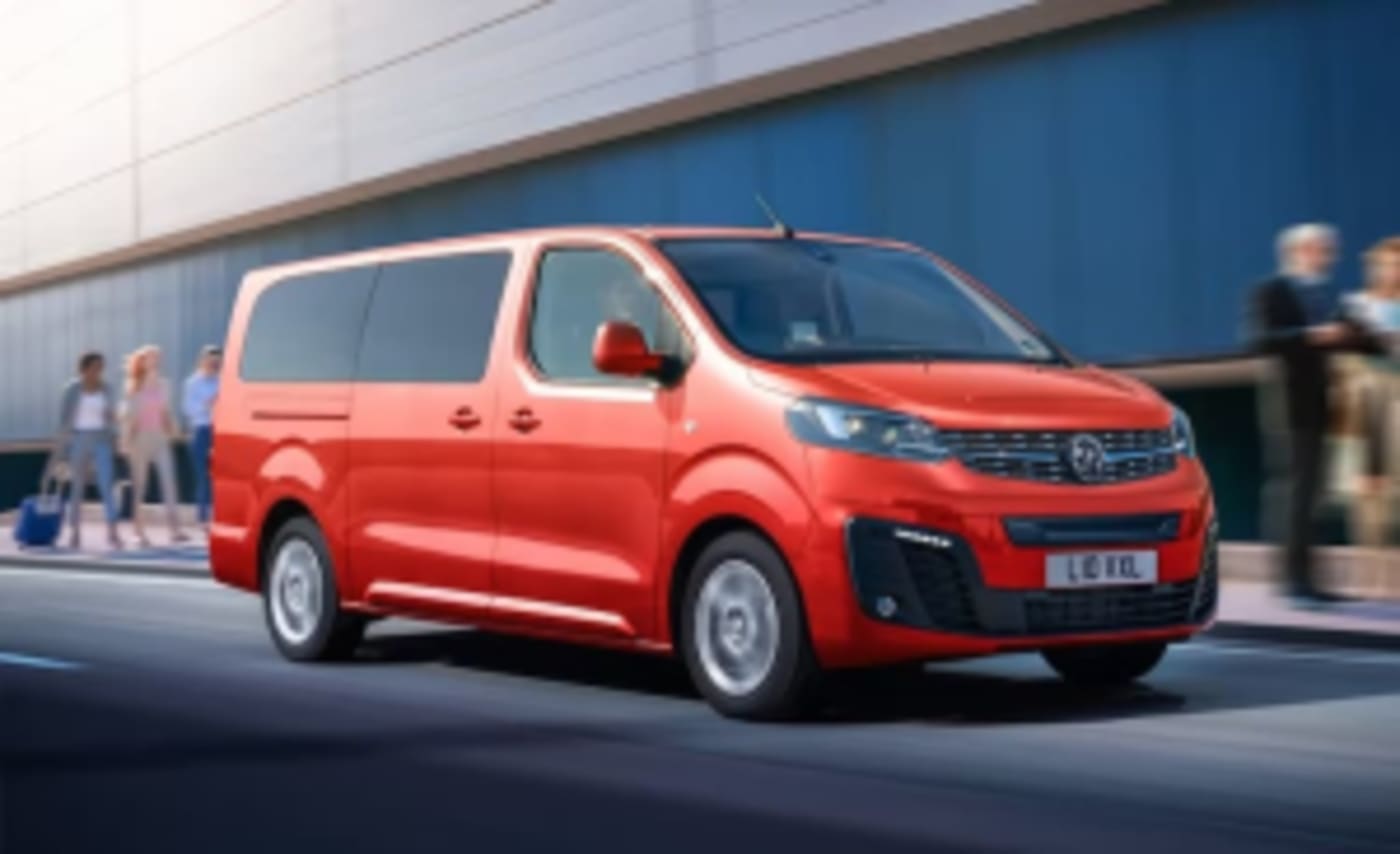
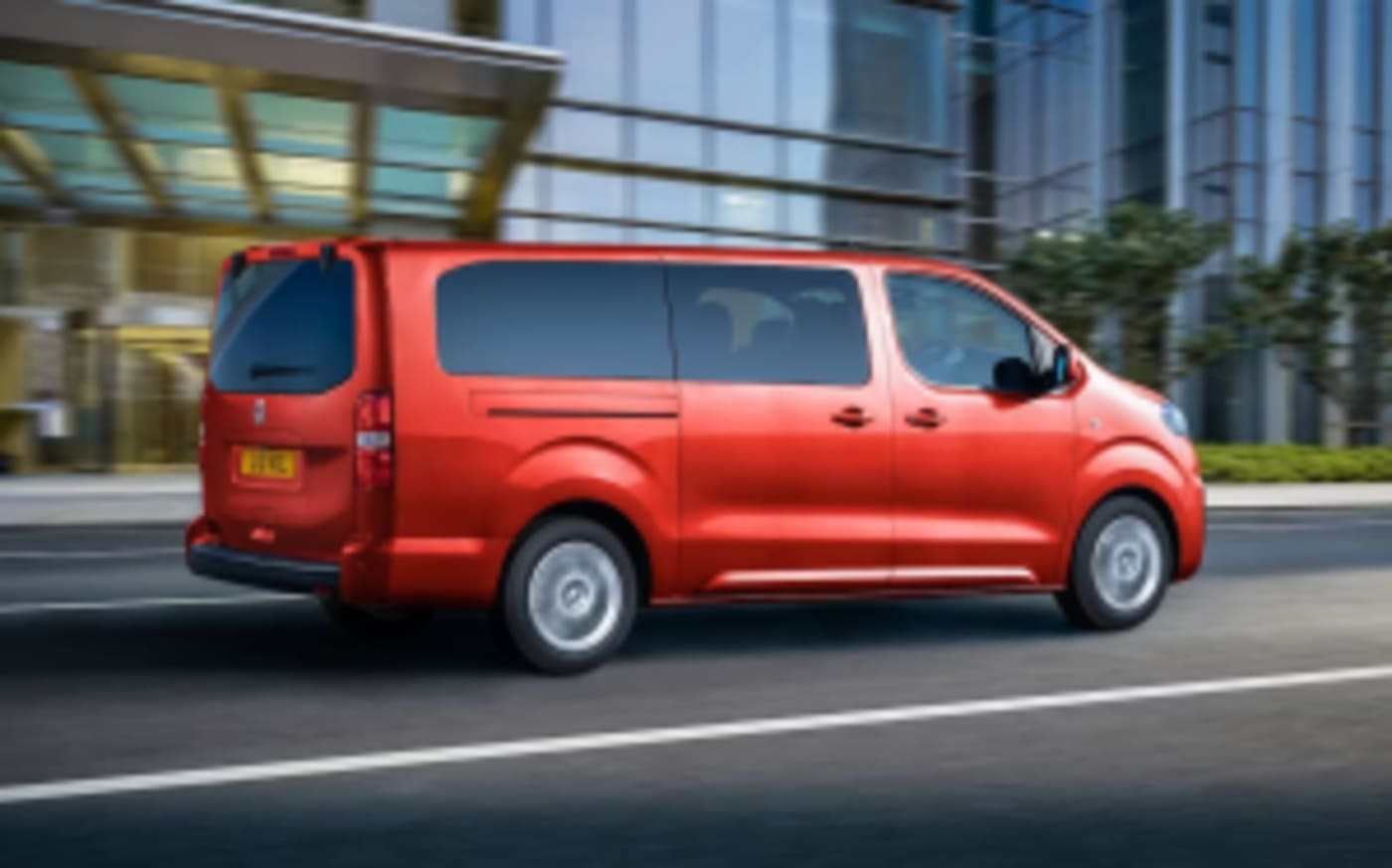
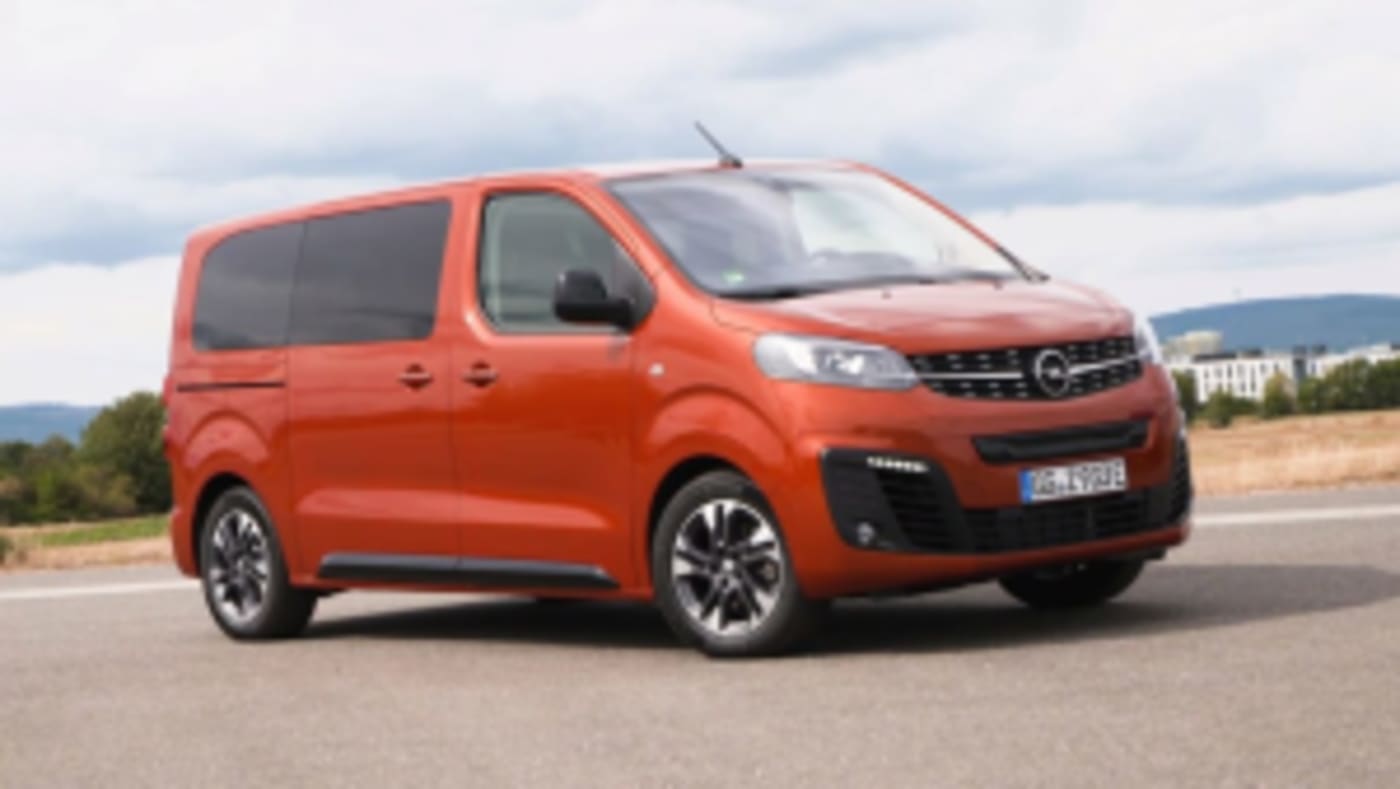
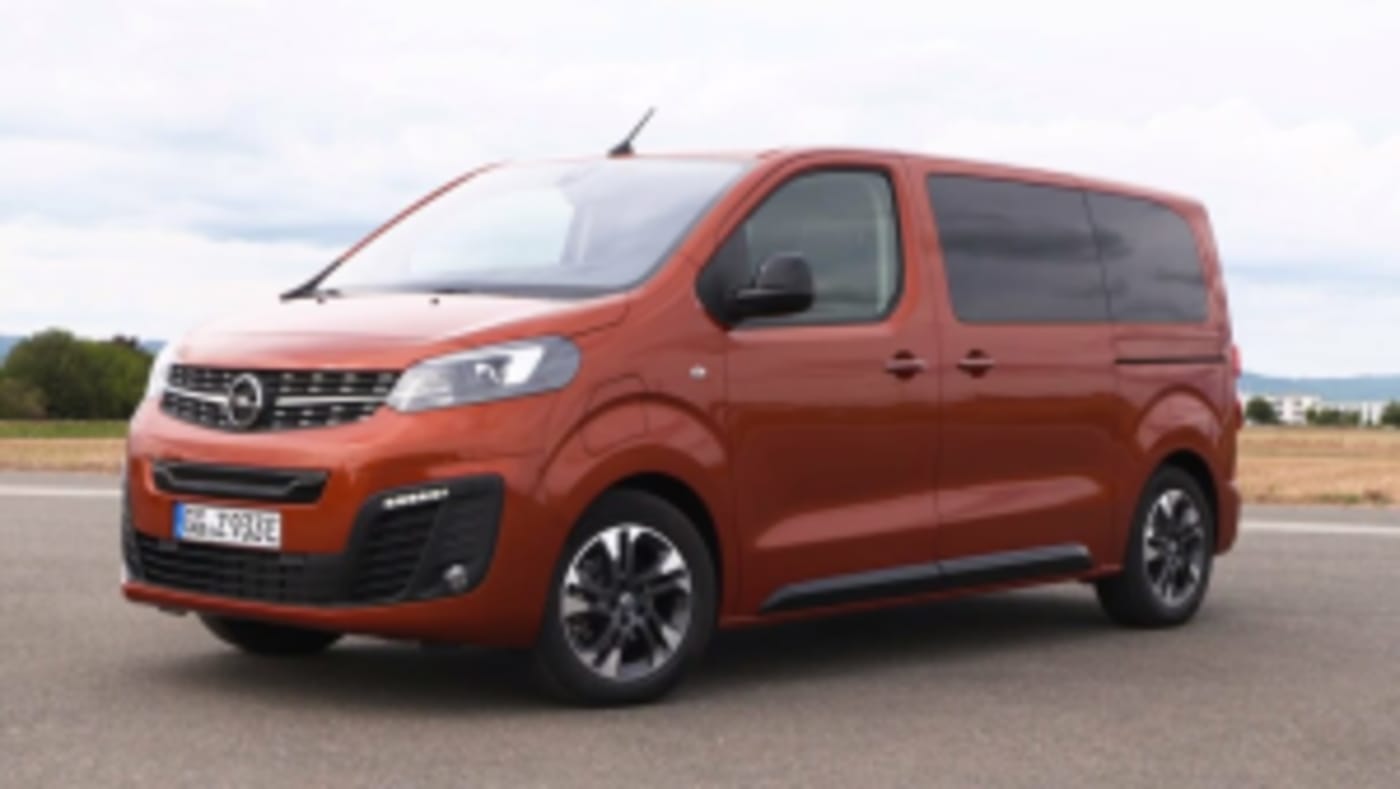
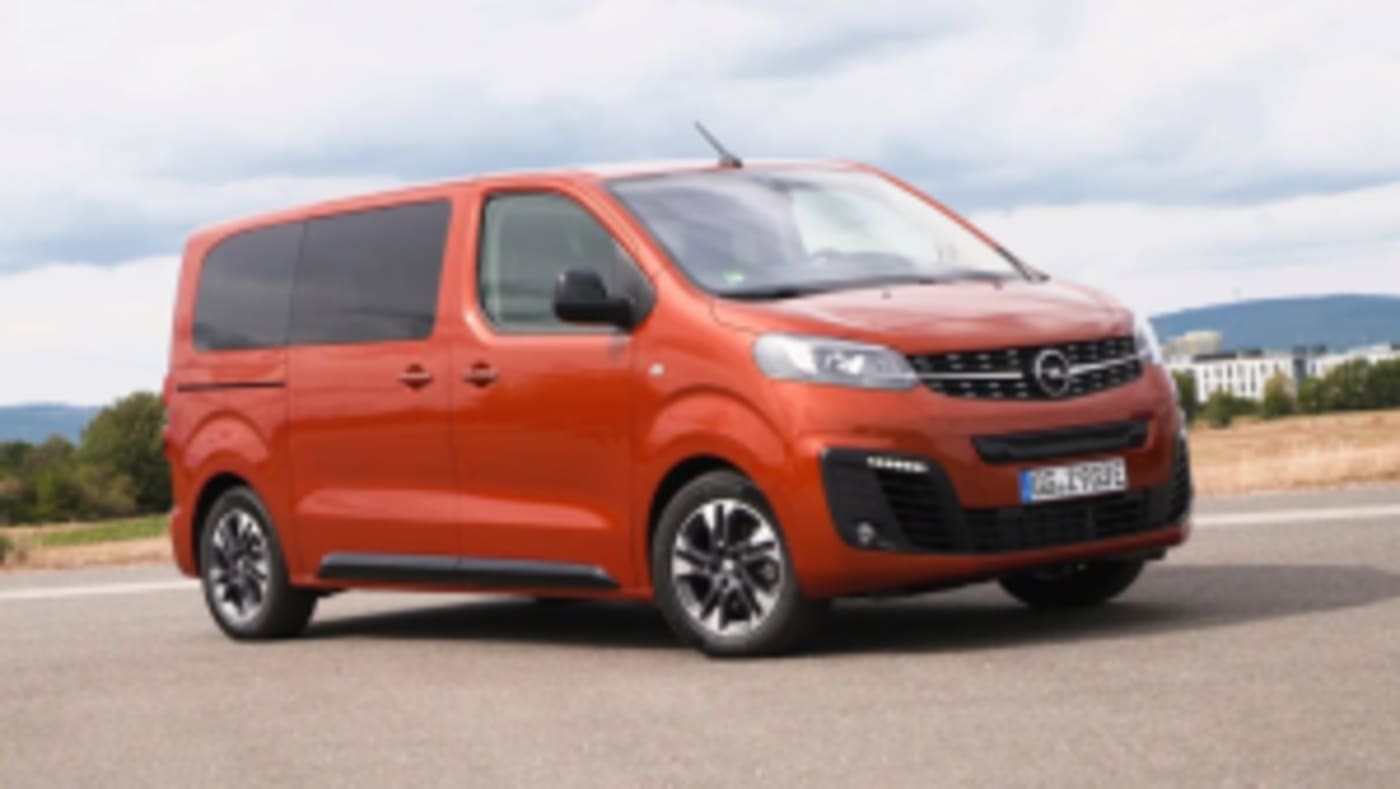
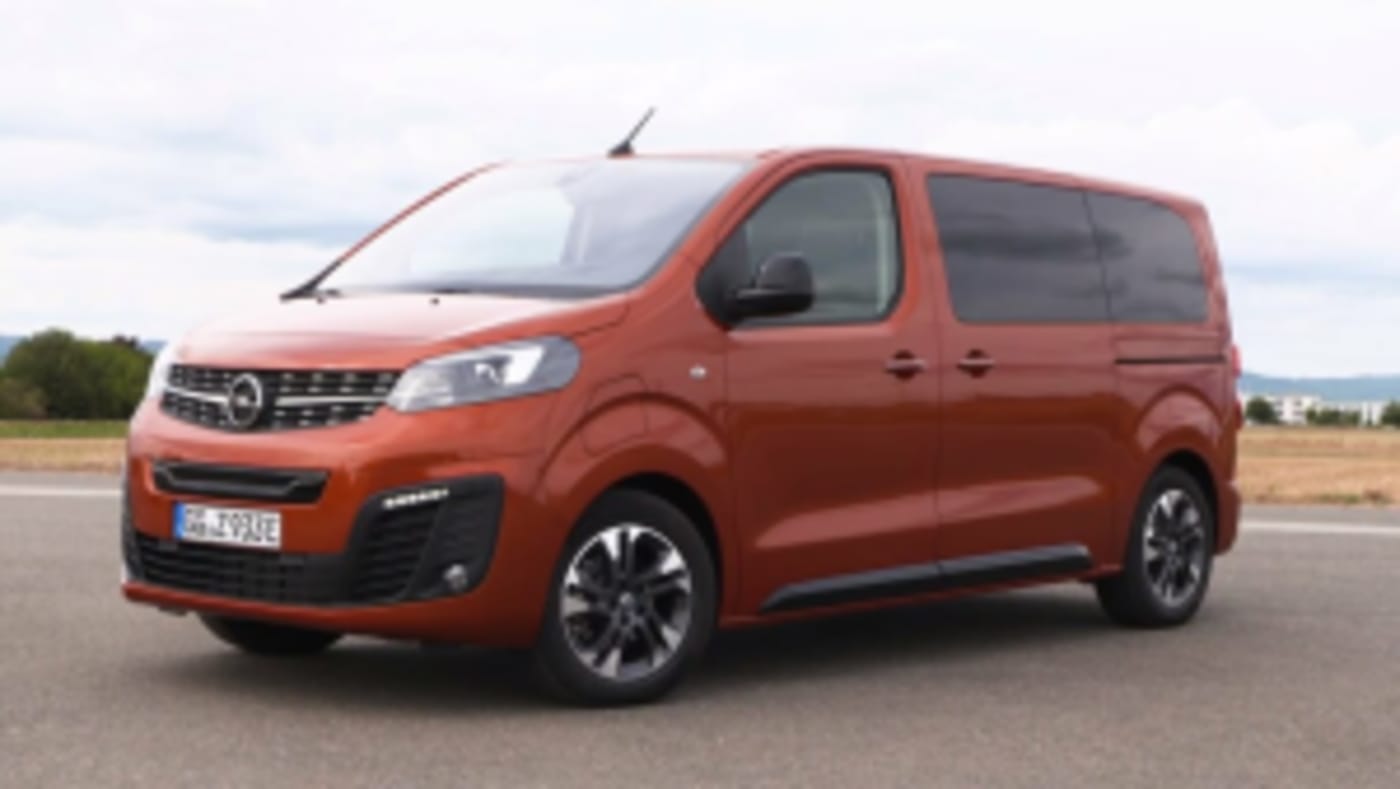
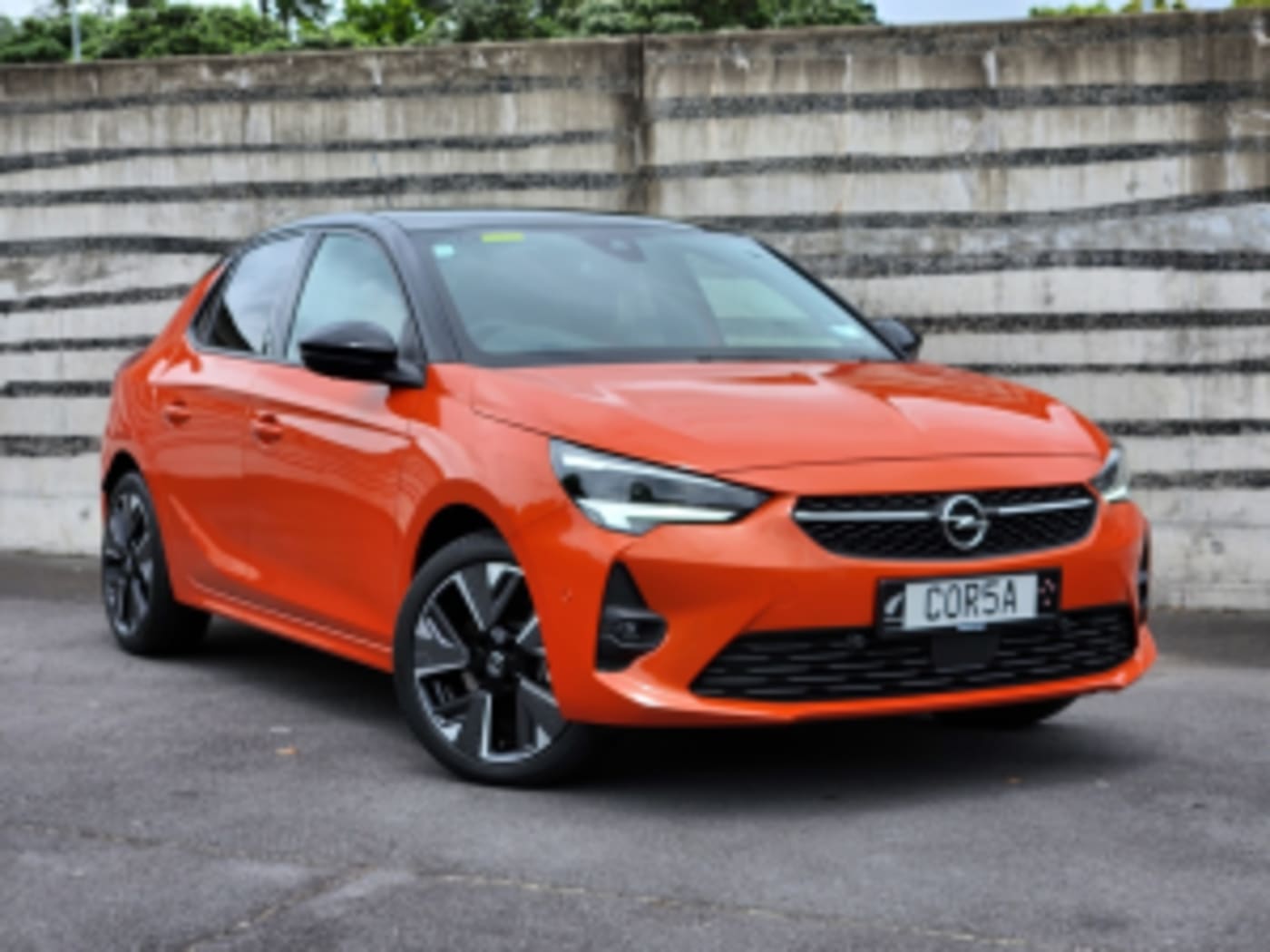
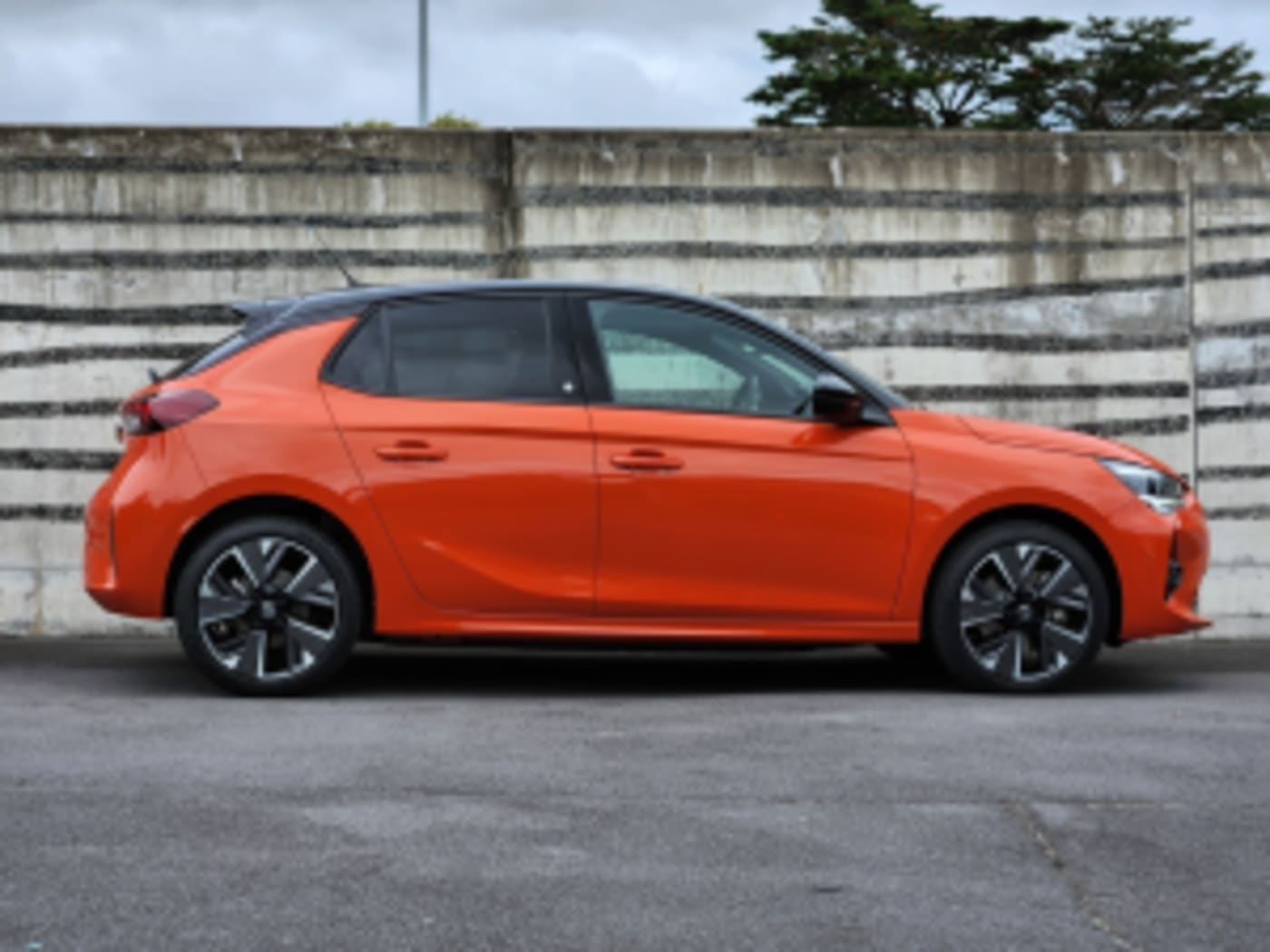
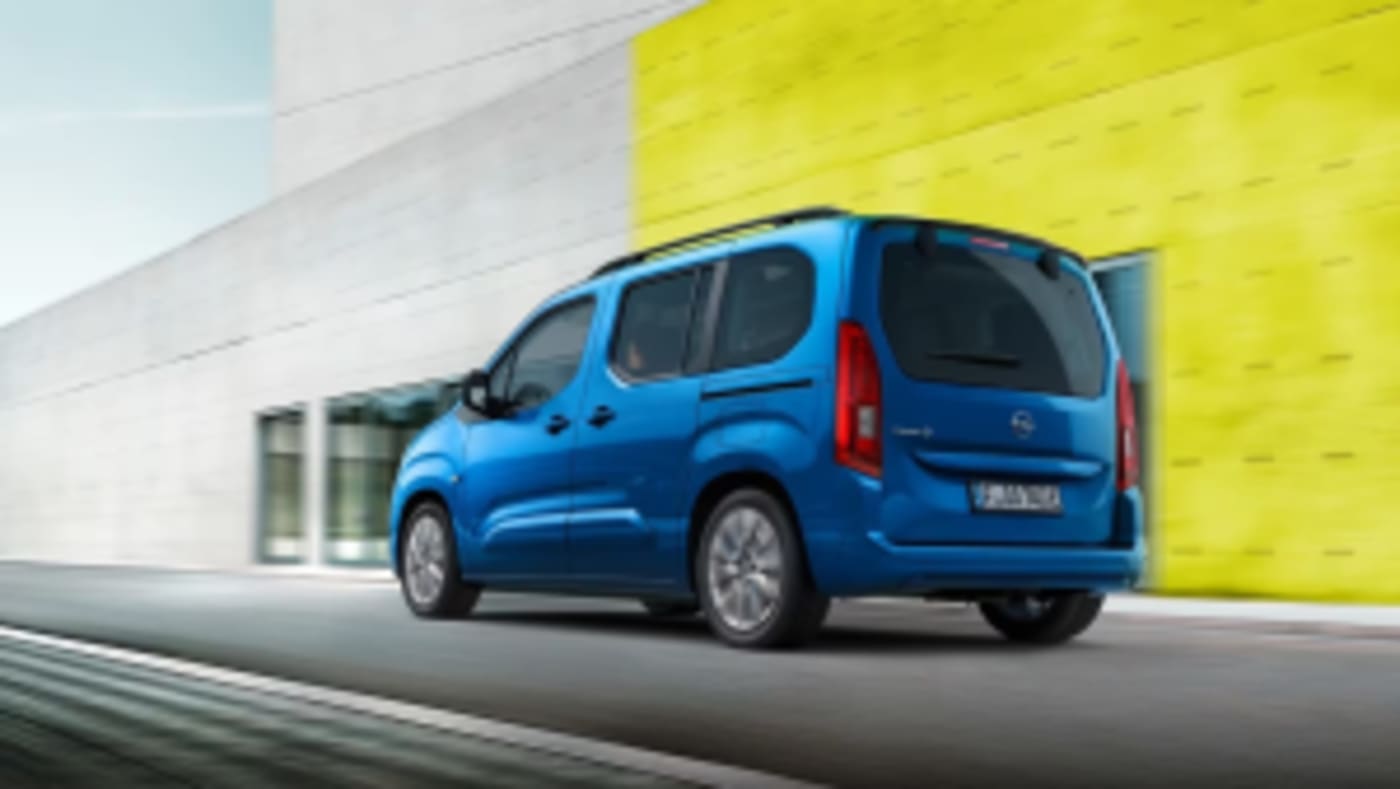
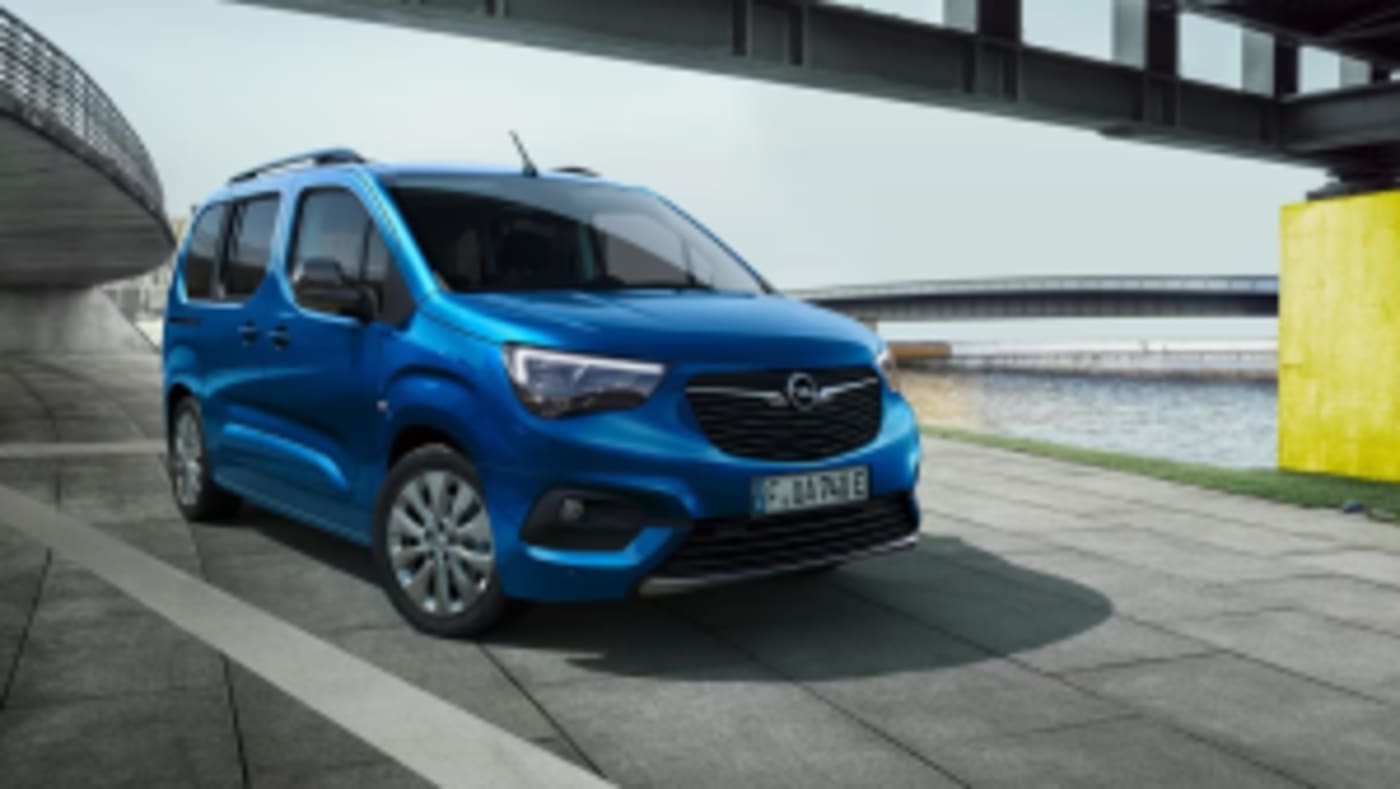
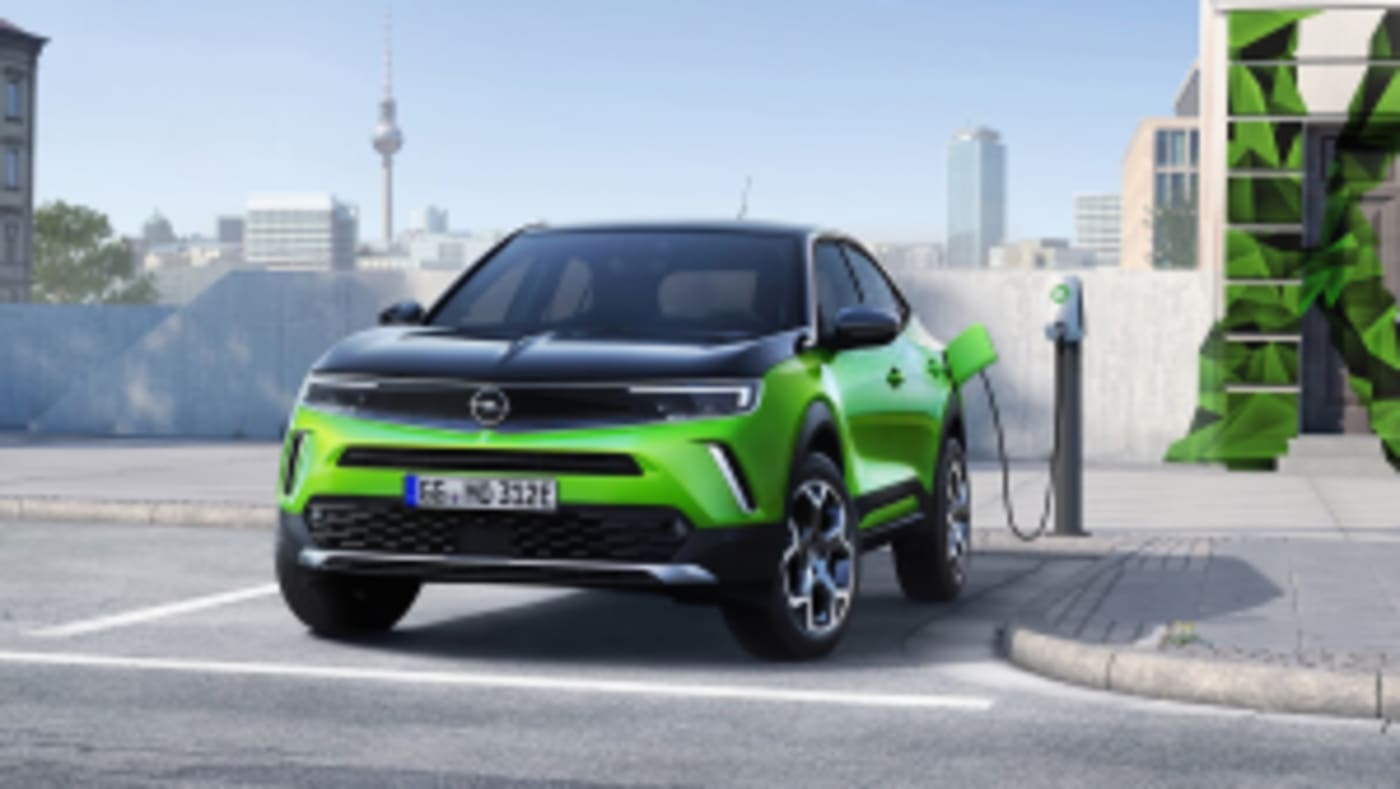
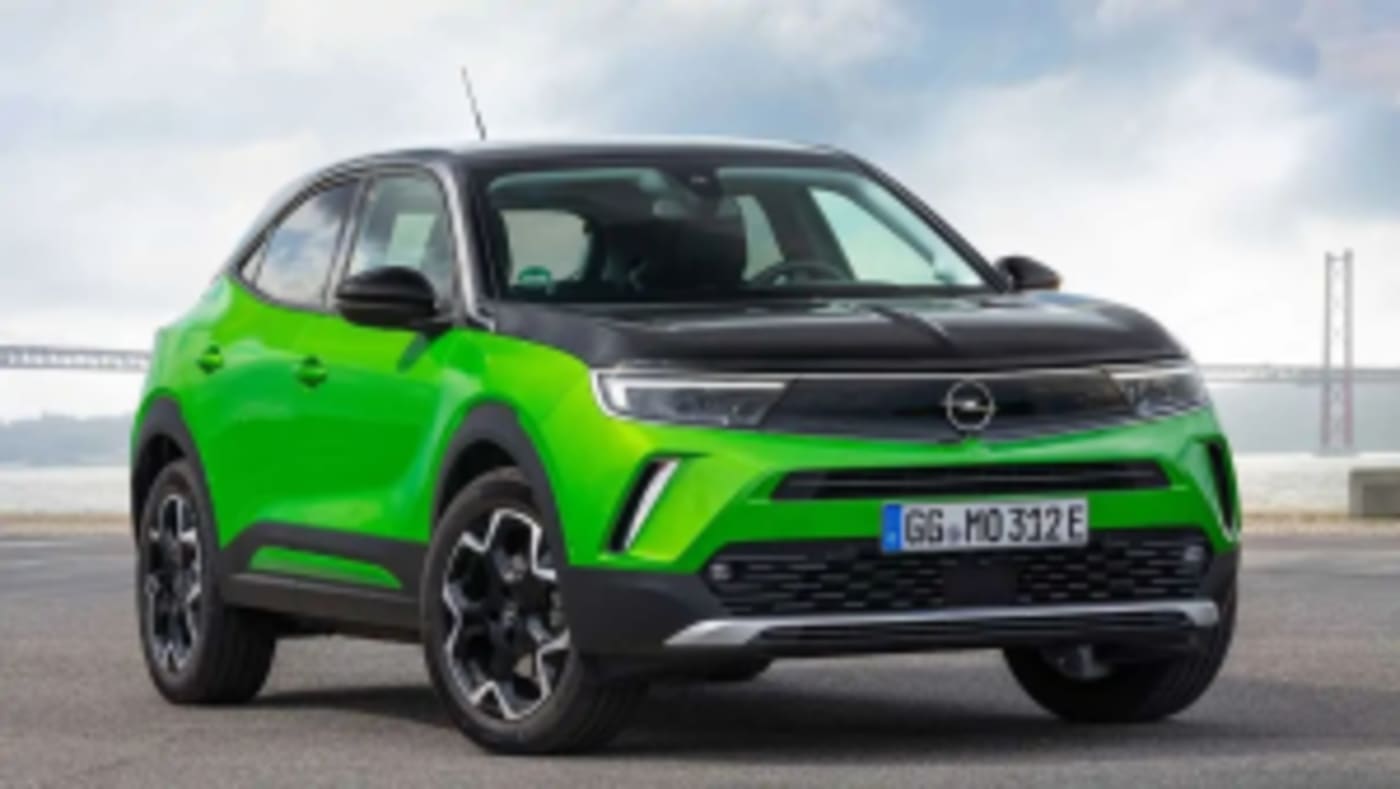

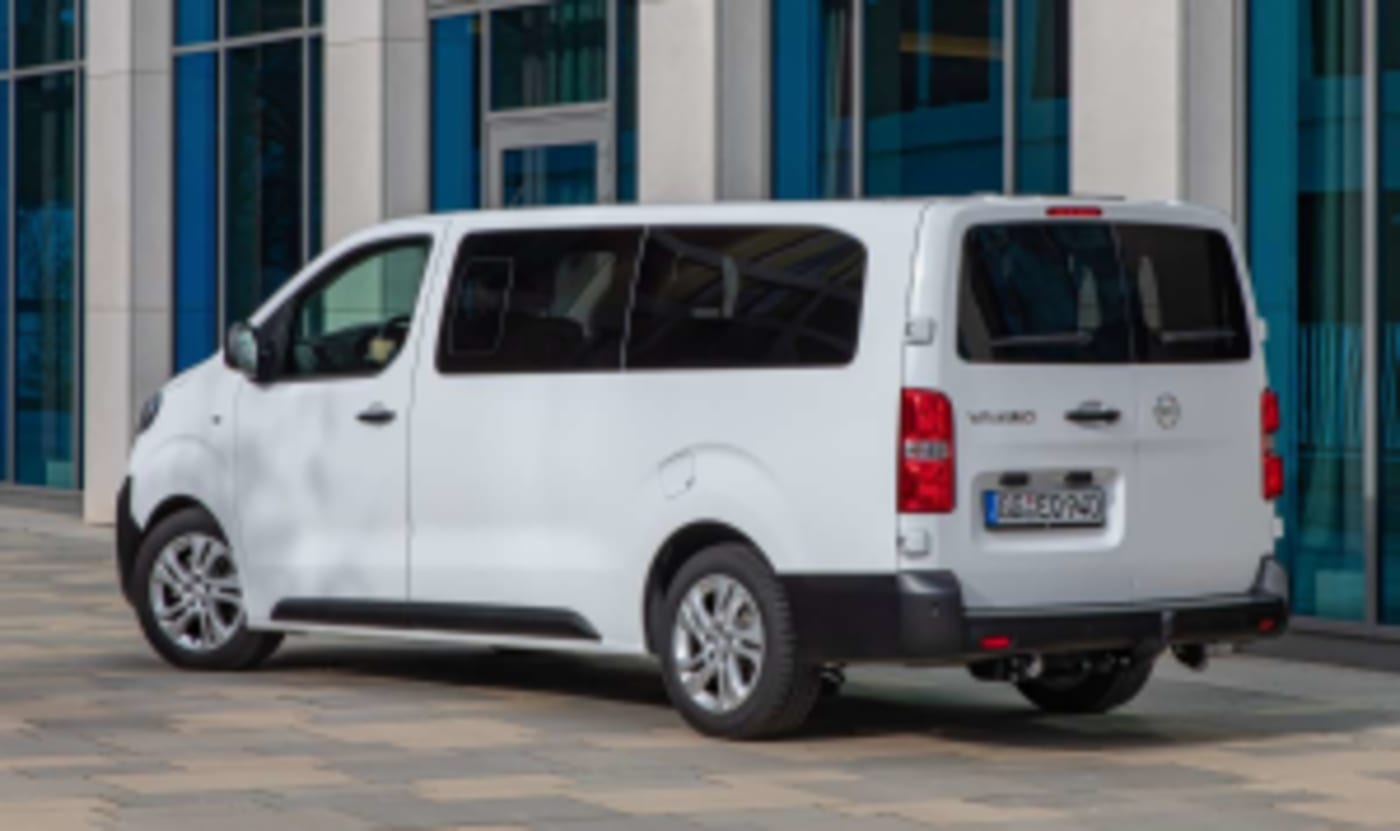
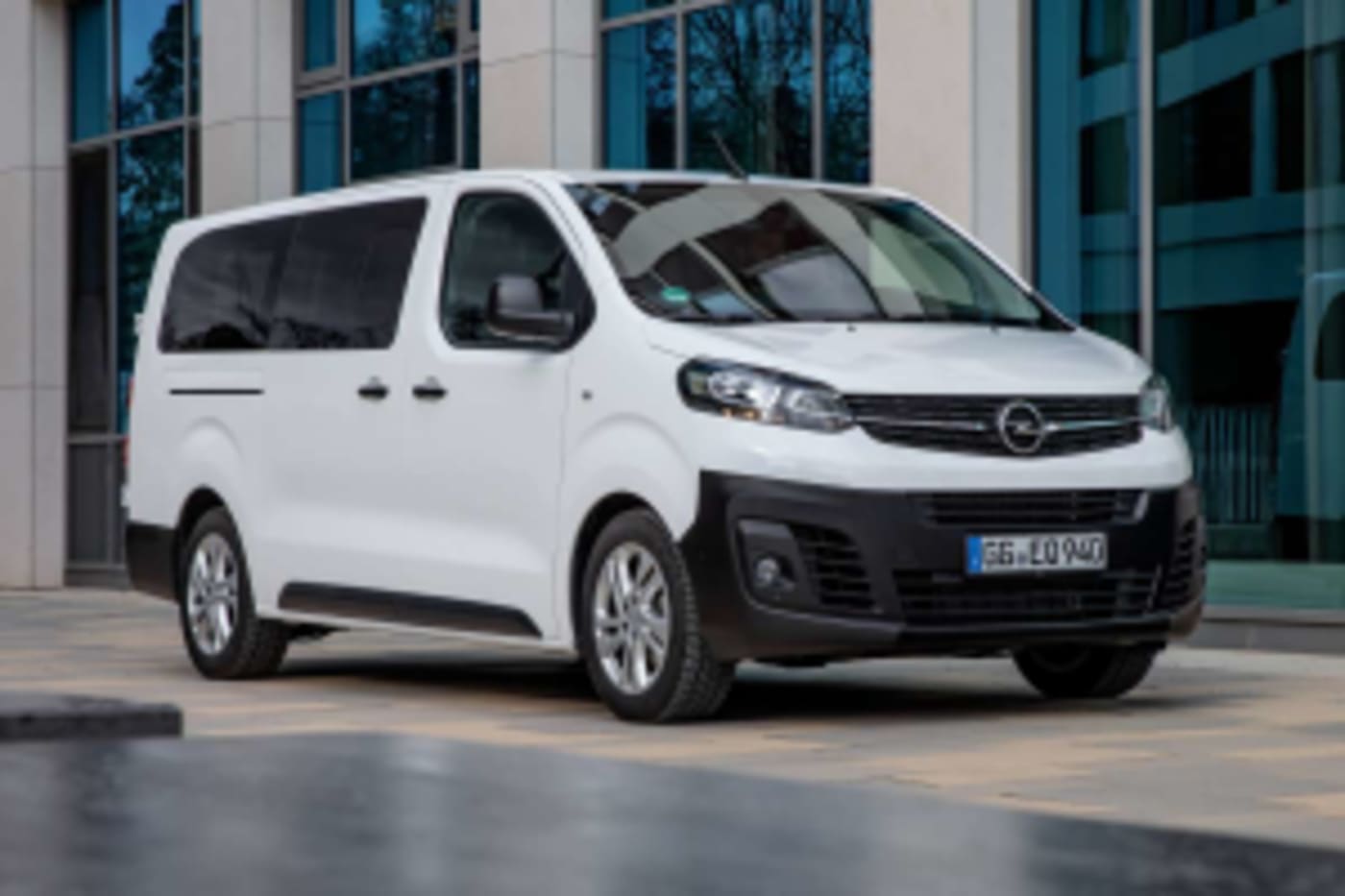
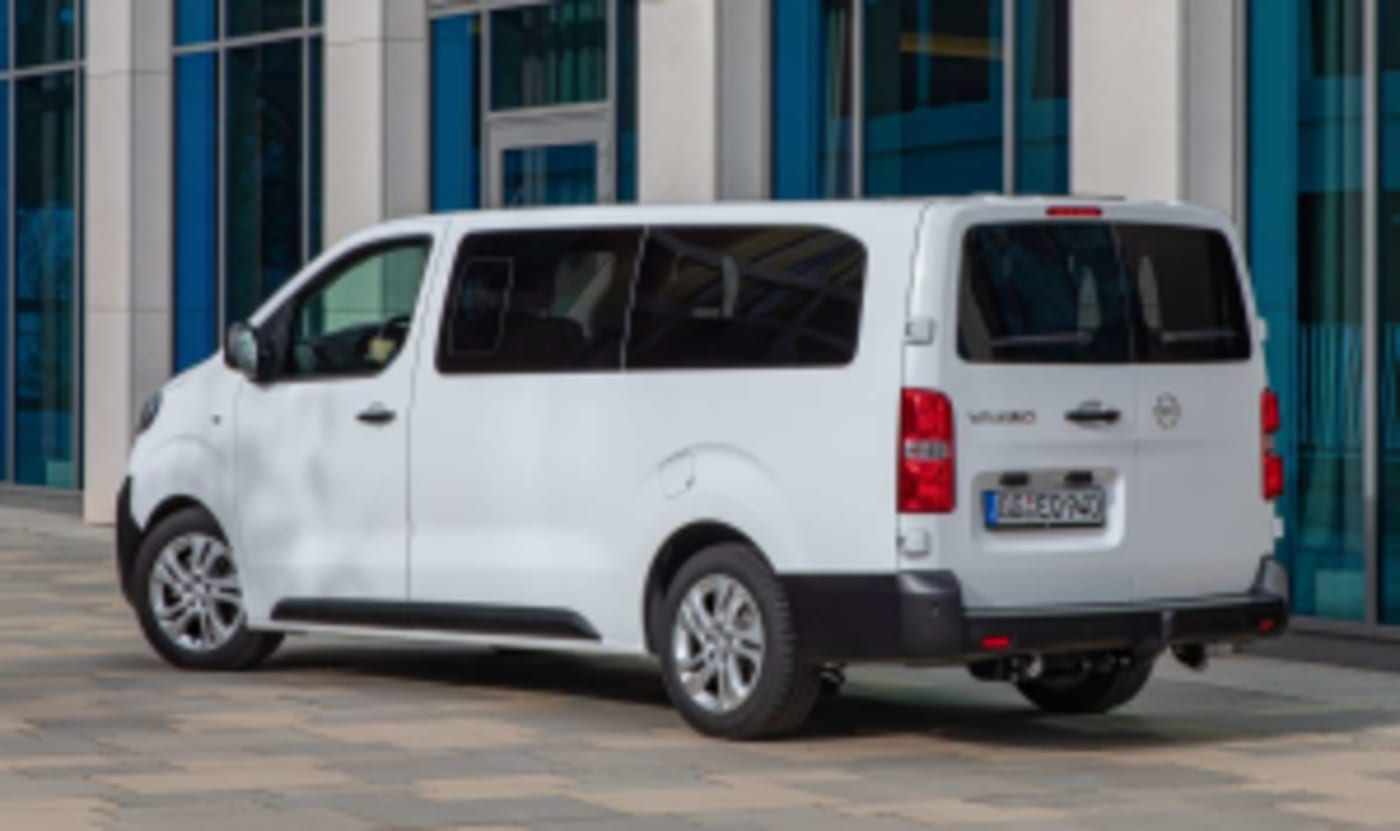
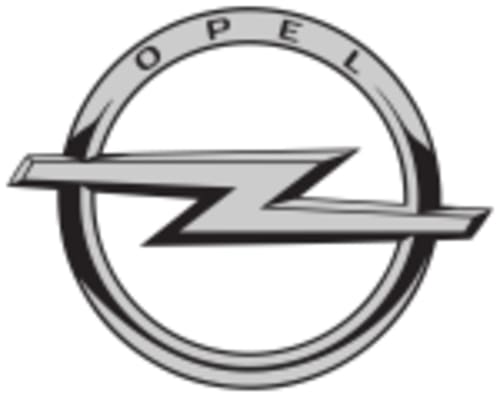
Opel electric vehicles
Opel is a German automaker that has been offering electric vehicles since 2016. The company currently offers four electric vehicles: the Corsa-e, Mokka-e, Zafira-e, and Vivaro-e.
The Opel Corsa-e is a subcompact electric car. It has a range of up to 222 miles on a single charge and can accelerate from 0 to 60 mph in 8.1 seconds. The Corsa-e comes standard with a suite of advanced safety features, including automatic emergency braking, lane departure warning, and blind spot monitoring.
The Opel Mokka-e is a subcompact electric SUV. It has a range of up to 209 miles on a single charge and can accelerate from 0 to 60 mph in 9.1 seconds. The Mokka-e comes standard with a suite of advanced safety features, including automatic emergency braking, lane departure warning, and adaptive cruise control.
The Opel Zafira-e is an electric minivan. It has a range of up to 217 miles on a single charge and can seat up to seven passengers. The Zafira-e comes standard with a suite of advanced safety features, including automatic emergency braking, lane departure warning, and blind spot monitoring.
The Opel Vivaro-e is an electric van. It has a range of up to 205 miles on a single charge and can carry up to 2,800 pounds of cargo. The Vivaro-e comes standard with a suite of advanced safety features, including automatic emergency braking, lane departure warning, and blind spot monitoring.
Highlights of Opel's electric vehicles:
- Range: Opel's electric vehicles offer impressive ranges. The Corsa-e has a range of up to 222 miles on a single charge, the Mokka-e has a range of up to 209 miles on a single charge, the Zafira-e has a range of up to 217 miles on a single charge, and the Vivaro-e has a range of up to 205 miles on a single charge. This is more than enough for most people's daily driving needs.
- Performance: Opel's electric vehicles are known for their exhilarating performance. The Corsa-e can accelerate from 0 to 60 mph in 8.1 seconds, the Mokka-e can accelerate from 0 to 60 mph in 9.1 seconds, and the Zafira-e can accelerate from 0 to 60 mph in 9.9 seconds. This makes them some of the quickest electric vehicles on the market.
- Technology: Opel's electric vehicles are packed with cutting-edge technology. They feature sleek and futuristic interiors with large touchscreen displays and digital instrument clusters. Opel's electric vehicles also come with a suite of advanced safety features.
- Value: Opel's electric vehicles are competitively priced. The Corsa-e starts at €29,990, the Mokka-e starts at €32,990, the Zafira-e starts at €44,990, and the Vivaro-e starts at €32,990. This makes Opel electric vehicles a great value for the money, especially when you consider their impressive range, performance, technology, and safety features.
- Sustainability: Opel's electric vehicles are zero-emission vehicles, which means they produce no tailpipe emissions. This helps to improve air quality and reduce greenhouse gas emissions. This is good news for the environment, and it also means that you can save money on fuel costs.
What makes Opel EVs different from other brands?+
Opel is a German car brand that's been around since 1862. They're known for their practical, affordable cars, and in recent years they've made a big push into the electric vehicle EV market.
Here are a few things that make Opel EVs different from other brands:
- Focus on affordability: Opel EVs are priced competitively with other EVs in their class. For example, the Opel Corsa-e starts at around €25,000 in Germany, which is about the same price as the Volkswagen e-Up! and Peugeot e-208.
- Practicality: Opel EVs are designed to be practical for everyday use. They have plenty of cargo space, comfortable interiors, and easy-to-use controls.
- Driving experience: Opel EVs are known for their comfortable and refined ride. They're not the most exciting cars to drive, but they're quiet and smooth, which is what most EV drivers are looking for.
- Commitment to electric vehicles: Opel has pledged to go all-electric in Europe by 2028. This shows that they're serious about EVs and that they're committed to developing new and innovative EV models.
Here are a few specific examples of Opel EVs:
- Opel Corsa-e: This is a small hatchback that's perfect for city driving. It has a range of up to 212 miles 342 km on a single charge.
- Opel Mokka-e: This is a small SUV that's a bit more spacious than the Corsa-e. It has a range of up to 209 miles 336 km on a single charge.
- Opel Zafira-e: This is a minivan that's perfect for families. It has a range of up to 217 miles 350 km on a single charge.
What are the different models of Opel EVs available?+
Opel currently offers a range of electric vehicles EVs across different categories, catering to diverse needs and preferences. Here's a quick overview:
Passenger Cars:
- Corsa-e: A compact hatchback, the Corsa-e is perfect for city commuting and daily errands. It boasts a 383 km range WLTP and sporty handling, making it a fun and practical choice.
- Mokka-e: A stylish and modern SUV, the Mokka-e delivers a dynamic driving experience with a 338 km range WLTP. Its spacious interior and comfortable ride make it ideal for both urban and suburban adventures.
- Astra Electric coming soon: Set to launch in 2023, the Astra Electric is a sleek and sophisticated electric version of Opel's popular hatchback. It promises a longer range and advanced technology features.
Commercial Vehicles:
- Combo-e Cargo: A compact electric van, the Combo-e Cargo is perfect for urban deliveries and small businesses. It offers a spacious cargo area with up to 4.4 m³ of volume and a 230 km range WLTP.
- Vivaro-e Van: A larger electric van, the Vivaro-e Van provides ample cargo space with up to 6.6 m³ of volume and a range of up to 329 km WLTP. It's ideal for larger deliveries and businesses with higher transportation needs.
Plug-in Hybrids:
- Grandland X Hybrid: Available in both front-wheel drive and all-wheel drive options, the Grandland X Hybrid offers the flexibility of electric and petrol power with a combined range of up to 723 km WLTP.
Please note that the availability of specific models and their specifications may vary depending on your region. It's always best to check with your local Opel dealer for the latest information and options.
How much do Opel EVs cost?+
The price of Opel EVs can vary depending on the model and trim level you choose. Here's a general overview:
- Opel Corsa-e: This is the brand's entry-level EV, and it starts at around €26,000 in Germany. The Corsa-e has a range of up to 174 kilometers 108 miles on a single charge.
- Opel Mokka-e: This small SUV starts at around €32,000 in Germany. The Mokka-e has a range of up to 338 kilometers 210 miles on a single charge.
- Opel Astra Electric: This new hatchback starts at around €41,000 in Germany. The Astra Electric has a range of up to 412 kilometers 256 miles on a single charge.
In addition to the base price, there are also a number of optional extras that can increase the cost of an Opel EV. These include things like larger wheels, a sunroof, and a premium sound system.
It's also important to note that the price of Opel EVs can vary depending on the country you live in. For example, Opel EVs are typically more expensive in the United States than they are in Europe.
Here are some additional factors to consider when you're pricing out an Opel EV:
- Government incentives: Many countries offer government incentives for the purchase of electric cars. These incentives can take the form of tax breaks, rebates, or grants.
- Leasing vs. buying: You can lease an Opel EV or buy it outright. Leasing can be a good option if you're not sure you want to keep the car for the long term.
- Charging costs: The cost of charging an electric car will vary depending on your electricity rates and how much you drive. However, charging an electric car is typically much cheaper than filling up a gas-powered car.
What is the range of Opel EVs?+
The range of Opel EVs varies depending on the specific model and its battery configuration. Here's a quick overview:
Model- | Battery size kWh) | WLTP range (km) | Real-world range (approx. km
---|---|---|---|
Corsa-e discontinued | 46.3 | 295 | 205 - 440
Corsa-e new | 50 | 383 | 300 - 500
Mokka-e 50 kWh | 46.3 | 260 | 185 - 395
Mokka-e 54 kWh | 54 | 406 | 320 - 530
Grandland X PHEV | 13.2 usable) | 57 (electric) | 50 - 60 (hybrid
Note that:
- WLTP range: This is the official range figure determined under standardized testing conditions. However, real-world range can be significantly lower depending on factors like driving style, weather, and terrain.
- Real-world range: This is an estimate of the range you can expect to achieve in everyday driving conditions. The figures above are based on a combination of WLTP data and user reports.
- Opel Electric Cars page: You can find more detailed information about the range and specifications of each Opel EV model on the official Opel website: Link
How long does it take to charge a Opel EV?+
The charging time for an Opel EV depends on several factors, including:
- Battery size: Opel EVs come with different battery sizes, ranging from 50 kWh to 75 kWh. A larger battery will take longer to charge than a smaller one.
- Charger type: There are three main types of chargers for electric vehicles: Level 1 standard wall outlet), Level 2 (home charging station, and DC fast charger. DC fast chargers can charge an Opel EV from 0 to 80% in about 30 minutes, while Level 2 chargers can take anywhere from 4 to 7 hours to fully charge the battery. Level 1 chargers are the slowest, taking up to 24 hours to fully charge an Opel EV.
- Battery temperature: Battery temperature can also affect charging speed. Cold batteries charge more slowly than warm batteries.
- Remaining battery level: If the battery is already partially charged, it will take less time to charge to full.
Here are some general estimates for charging times for Opel EVs:
- Opel Corsa-e:
- Level 1 charger: 23 hours 15 minutes
- Level 2 charger 7.4 kW: 7 hours 15 minutes
- DC fast charger: 30 minutes to 80%
- Opel Mokka-e:
- Level 1 charger: 23 hours 15 minutes
- Level 2 charger 7.4 kW: 7 hours 15 minutes
- DC fast charger: 30 minutes to 80%
What are the maintenance requirements for a Opel EV?+
Compared to traditional gasoline or diesel vehicles, Opel EVs require less maintenance overall due to the absence of a combustion engine, transmission, and exhaust system. However, they still require regular checks and upkeep to ensure optimal performance, safety, and longevity. Here's a breakdown of the key maintenance requirements for an Opel EV:
Regular checks:
- Tires: Regularly check tire pressure and tread depth. Maintain proper inflation levels to maximize efficiency and range.
- Brakes: Electric vehicles primarily rely on regenerative braking, which reduces wear on the traditional friction brakes. However, it's still important to have the brakes inspected and serviced periodically.
- Lights: Check all exterior and interior lights for proper function.
- Wiper blades: Replace worn or damaged wiper blades to ensure clear visibility during inclement weather.
- Fluid levels: While EVs don't require engine oil changes, they do have other fluids like coolant and brake fluid that need to be topped up or replaced at regular intervals as specified in the owner's manual.
Scheduled maintenance:
- Battery health check: Opel recommends having the battery health checked annually by an authorized Opel dealer. This will help identify any potential issues with the battery and ensure it's operating within optimal parameters.
- Software updates: Opel periodically releases software updates for its EVs that can improve performance, range, and other features. It's important to keep your EV's software up to date to ensure you're getting the most out of it.
- High-voltage system inspection: The high-voltage system in an EV requires special training and equipment to service. Take your Opel EV to an authorized Opel dealer for any work on the high-voltage system.
Additional tips:
- Charging habits: Avoid rapid charging whenever possible, as it can stress the battery and shorten its lifespan. Use a level 2 charger for most of your charging needs.
- Extreme temperatures: Avoid storing your Opel EV in extreme temperatures, as this can damage the battery. If you live in an area with very hot or cold winters, consider storing your EV in a garage or carport.
- Follow the owner's manual: The owner's manual is the most comprehensive source of information on how to maintain your specific Opel EV model. Be sure to read and follow the manufacturer's recommended maintenance schedule.
By following these tips, you can help ensure that your Opel EV runs smoothly and efficiently for many years to come.
Here are some additional resources that you may find helpful:
- Opel EV Maintenance Guide: Link
- Opel EV Warranty Information: Link
Does Opel offer any tax credits or incentives for purchasing an EV?+
Whether Opel offers tax credits or incentives for purchasing an EV depends on where you are located. It's important to consider both national and regional incentives:
Nationally:
- USA: Unfortunately, as of January 3, 2024, no new Opel EVs currently qualify for the US federal tax credit. The rules for the credit have become much stricter in 2024, focusing primarily on vehicles with battery components sourced in North America.
- Europe: In many European countries, Opel EVs or any EVs in general may be eligible for various national incentives. These can include tax credits, purchase rebates, or registration fee reductions. However, specific details vary greatly by country.
Regionally:
- Singapore: If you're looking at Opel EVs in Singapore, there were two key incentive programs that ended in December 2023: the Enhanced Vehicular Emissions Scheme VES) and the EV Early Adoption Incentive (EEAI. These offered substantial rebates for purchasing EVs. Unfortunately, as of January 3, 2024, they are no longer available.
- Other regions: Check with local authorities or Opel dealerships in your specific region to learn about any applicable incentives.
Here are some resources to help you stay informed about current EV incentives in different locations:
- USA: Internal Revenue Service IRS): Link(https://www.irs.gov/clean-vehicle-tax-credits
- Europe: European Commission: Link
- Global: Plug-in America: Link
Remember, even without direct tax credits from Opel, some regions might offer other benefits for owning an EV, such as free public charging or reduced parking fees.
What is the warranty on a Opel EV?+
Opel's warranty for their EVs includes two key parts:
1. General Vehicle Warranty: This covers most of the car, similar to a warranty for a gasoline car. It typically lasts for:
- 5 years or 100,000 km: This applies to most components like the engine, transmission, axles, and electrical system excluding the EV-specific components listed below.
2. EV Battery Warranty: This covers the most crucial part of an EV - the battery pack. Opel offers a very generous warranty on this:
- 8 years or 160,000 km: This warranty guarantees that the battery will retain at least 70% of its original capacity within this period. If it falls below this threshold, Opel will replace the battery.
It's important to note that some specific items are not covered by either warranty, like bodywork, wear and tear parts brakes, filters), and consumable items (tires, wiper blades. You can find a more detailed breakdown of the warranty coverage in the Opel Network Q Warranty & Roadside Assistance Policy Booklet, which varies depending on the specific country or region.
Here are some additional points to consider:
- This information is generally applicable to newer Opel EVs. Older models might have different warranty terms.
- The specific warranty terms might also differ depending on your location. Always check the official Opel website or consult your local dealership for the latest and most accurate information.
- Opel also offers a "10 Commitments" package for EV owners, which includes additional benefits like 24/7 roadside assistance, lifetime free software updates, and access to friendly experts for your questions.
Where can I learn more about Opel EVs?+
Opel offers a variety of electric vehicles EVs to choose from, so there are a few different places you can learn more about them:
- The Opel website: This is the most comprehensive source of information about Opel EVs, including details on each model, specs, range, features, and pricing. You can also find brochures and owner's manuals here.
- Your local Opel dealership: The staff at your local Opel dealership will be able to answer any questions you have about Opel EVs and let you take one for a test drive.
- Car review websites: There are many car review websites that have reviews of Opel EVs. These can be a good way to get an independent perspective on the cars.
- YouTube: There are many YouTube channels that have videos about Opel EVs. These can be a good way to learn more about the cars in a visual format.
Here are some of the specific Opel EVs that you might be interested in learning more about:
- Opel Corsa-e: This is a small electric hatchback that offers a range of up to 217 miles 350 km on a single charge. It's a good choice for city driving and commuting.
- Opel Mokka-e: This is a small electric SUV that offers a range of up to 252 miles 406 km on a single charge. It's a good choice for those who need a little more space than a hatchback.
- Opel Zafira-e Life: This is a large electric MPV that offers a range of up to 231 miles 372 km on a single charge. It's a good choice for families or those who need a lot of space.





































